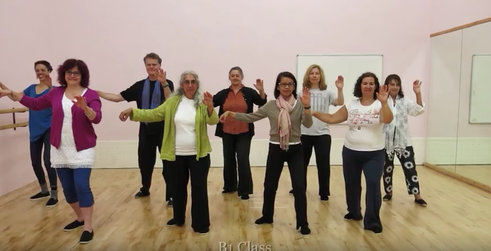
If we were already, as a society, sitting too much before, then this is certainly the case now as movements are restricted to however many rooms you have in your living space. In the UK, we're allowed to go out once a day for exercise, shopping for essentials, medical appointments, and essential work. Assuming we sleep eight hours a day, that leaves us 14-15 hours a day potentially sitting down a lot!
One solution is to invest in a standing desk. But if you look at amazon, for example, stands desks are neither cheap nor always in stock. Yesterday a friend of mine suggested using your bog standard ironing board as an adjustable desk for a laptop.
I like to set an alarm so that every hour, I am reminded to get up, stretch and move. Make a cup of tea! Or better yet, offer to make others cups of tea. Everyone knows that a good cuppa is all you need to make it all okay.
In terms of supported exercise, of course you have a plethora of Youtube exercise channels and yoga webinars to choose from.
However, if you fancy doing a more gentle exercise that is good for circulating and generating energy and requires no specialist equipment, do give qi gong a try. Qi gong is a system of energetic and healing exercises from ancient China that integrates principles of relaxation, movement and breathing, especially helpful during these days of self-isolation. My colleagues and I at the School of Tai Chi Chuan London are running free weekly webinars at 6pm (London time) on Tuesdays. No previous experience necessary.
If you'd like to give qi gong a try, please email me and I will send you a link to these online gatherings.
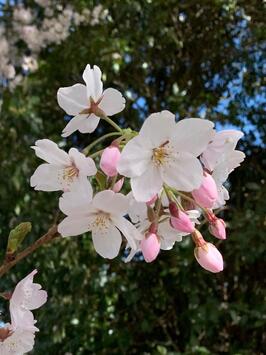
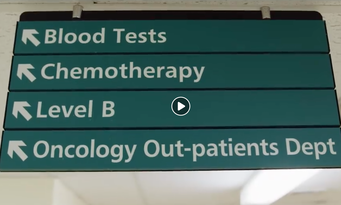
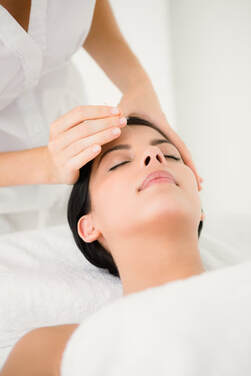

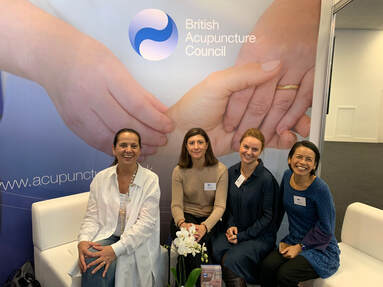

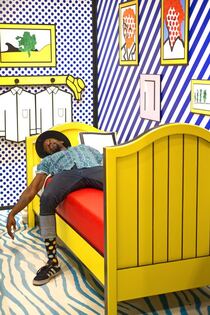
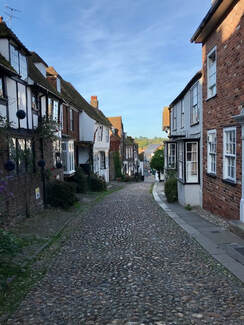
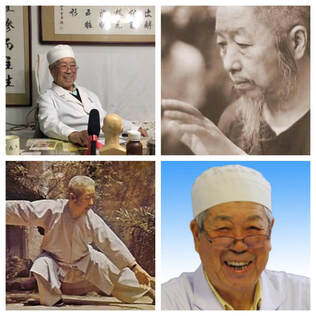
 RSS Feed
RSS Feed